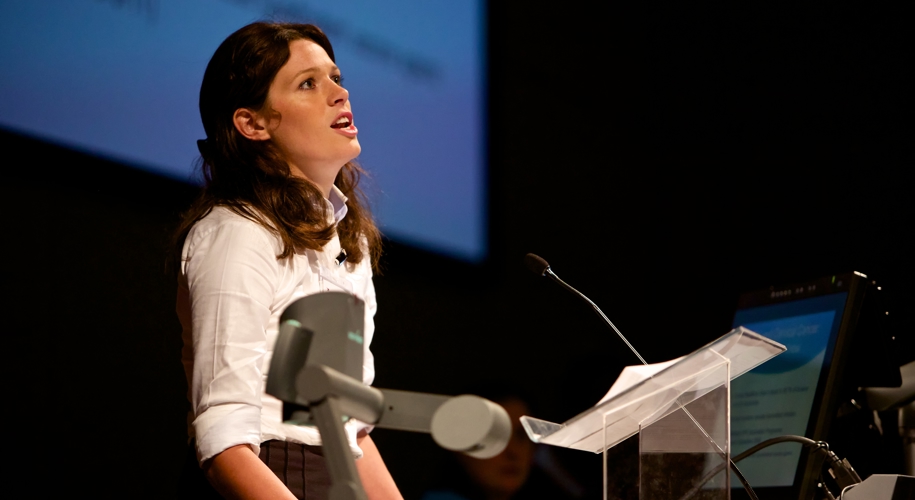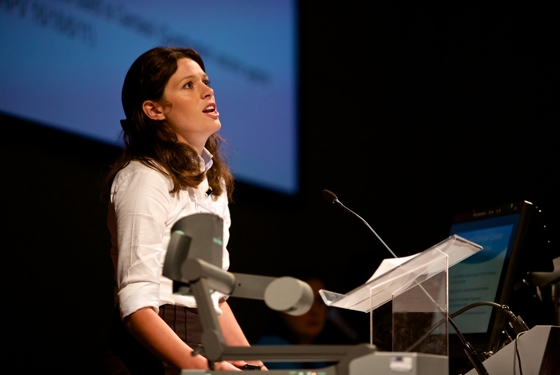This page provides an overview of foundation training, which you’ll need to complete after graduating with a medical degree and before entering specialty training.
Foundation training: overview
After graduating with a medical degree, you’ll enter a 2-year foundation programme (FY1 and FY2) before applying for entry into specialty training. The foundation programme builds on the curricular approach of team work, communication and IT skills and will expose you to a wide variety of specialties. The emphasis is on diagnosis and treatment of acutely ill patients, to provide a foundation for future career prospects.
Within the 2-year foundation programme, you’ll undertake a number of modules. Deaneries are responsible for implementing and managing the progarmmes, with guidance from the medical royal colleges on the content and structure of training within each specialty module.
There’s a curriculum of generic skills that all foundation year doctors need to attain by the end of foundation training, whatever modules you’ve taken. Foundation year training is assessed using a number of methods to allow all areas of good medical practice to be evaluated; these methods include case-based discussions and directly observed procedural skills.
For more details about foundation training, visit the foundation programme website.
Applying for foundation training
Foundation programmes are advertised in the medical press. Some posts are also available to doctors who’ve trained outside the UK (find out more about working in Britain for non-UK doctors).
Foundation year posts in O&G are available in most deaneries in Foundation Schools, within either obstetrics or gynaecology, or both O&G. Placements in O&G (women’s health module) are well-suited for gaining the generic skills needed as part of the foundation programme curriculum, as well as helping you to develop skills that will be useful if you decide to pursue a career in O&G in the future.
Discover the opportunities offered by a career in obstetrics and gynaecology.
Find out more about a career in O&G
The O&G careers prospectus also includes:
- The medical student experience of O&G
- Foundation training
- Specialty training in O&G
- Research and academic training
- Assessment and exams
- How the RCOG supports and works with trainees
- Working life in O&G
- Personal profiles of O&G doctors
For more information, please visit the main careers page or read the careers FAQs.
Elsewhere on the site


About the College
Find out more about the College and how we support our members


Assessment of training
Information about sign-off of competencies, workplace-based assessments, ARCPs and more.
